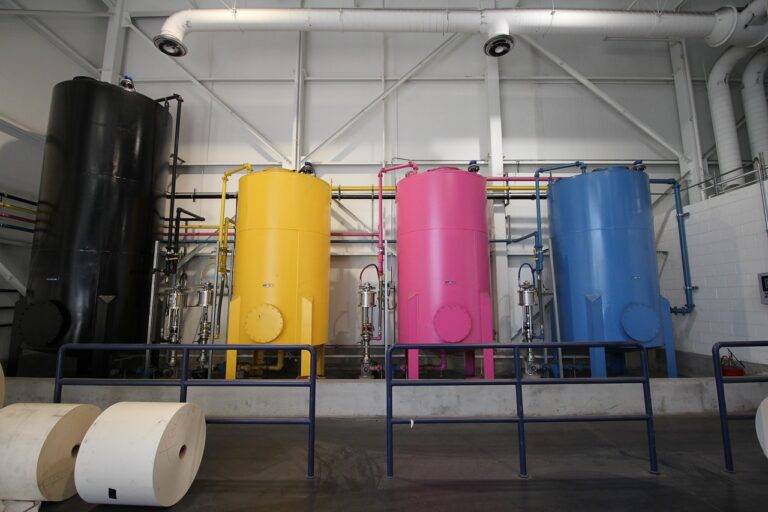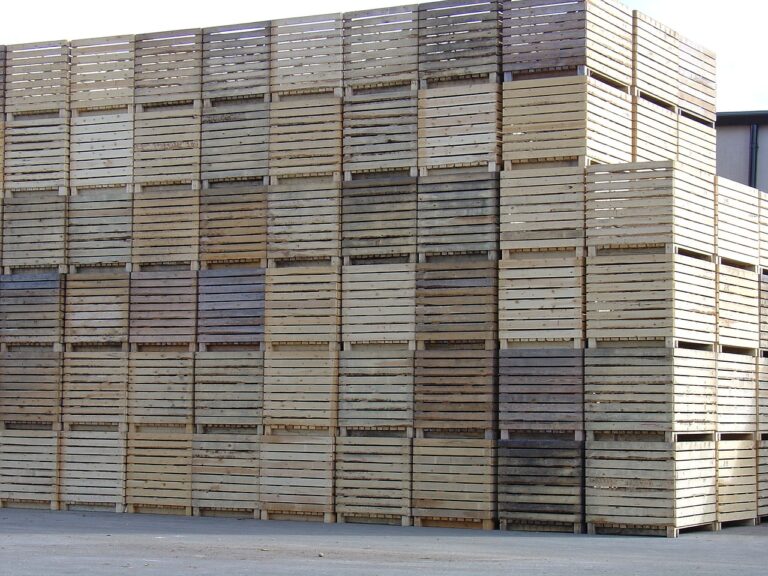Analyzing the Impact of Farm Equipment on Urban Agriculture Policies: Betbhai247, Playexch live, Gold365
betbhai247, playexch live, gold365: Urban agriculture is gaining popularity around the world, as people are realizing the benefits of growing their own food in urban environments. With the rise of urban agriculture, there has been growing interest in the impact of farm equipment on urban agriculture policies.
Traditional farm equipment such as tractors, harvesters, and other large machinery are essential for large-scale farming operations in rural areas. However, in urban environments where space is limited and noise pollution is a concern, the use of traditional farm equipment can pose challenges.
Analyzing the impact of farm equipment on urban agriculture policies is crucial for developing sustainable urban agriculture practices that are both effective and environmentally friendly.
Here are some key points to consider when examining the impact of farm equipment on urban agriculture policies:
1. Noise pollution: Traditional farm equipment can be noisy, which can be disruptive in densely populated urban areas. Urban agriculture policies may need to address noise pollution regulations to ensure that farm equipment does not disturb residents.
2. Space constraints: Urban farming often takes place in small spaces such as rooftops, community gardens, and vacant lots. Traditional farm equipment may not be suitable for these small spaces, leading to the need for smaller and more compact equipment tailored to urban agriculture needs.
3. Air pollution: Gas-powered farm equipment can contribute to air pollution in urban areas. Policies may need to incentivize the use of electric or alternative fuel-powered equipment to reduce emissions and improve air quality.
4. Accessibility: Farm equipment can be expensive and challenging to access for small-scale urban farmers. Urban agriculture policies may need to provide support for equipment-sharing programs or subsidies to make equipment more accessible to urban farmers.
5. Safety concerns: The use of farm equipment in urban areas can pose safety risks to both farmers and residents. Policies may need to address safety regulations and training programs to ensure that farm equipment is used safely in urban environments.
6. Sustainable practices: Urban agriculture policies should promote sustainable farming practices that minimize the environmental impact of farm equipment. This could include promoting regenerative agriculture techniques, composting, and water conservation practices.
In conclusion, analyzing the impact of farm equipment on urban agriculture policies is essential for promoting sustainable and effective urban farming practices. By addressing issues such as noise pollution, space constraints, air pollution, accessibility, safety concerns, and promoting sustainable practices, urban agriculture policies can support the growth of urban farming while mitigating potential challenges.
FAQs:
Q: Can traditional farm equipment be used in urban agriculture?
A: Traditional farm equipment may not be suitable for urban agriculture due to space constraints and noise pollution concerns. Urban farmers may need to use smaller and more environmentally friendly equipment tailored to urban farming needs.
Q: How can urban agriculture policies address the impact of farm equipment?
A: Urban agriculture policies can address the impact of farm equipment by setting regulations for noise pollution, promoting sustainable farming practices, incentivizing the use of electric or alternative fuel-powered equipment, and providing support for equipment-sharing programs.
Q: What are some examples of sustainable farming practices in urban agriculture?
A: Sustainable farming practices in urban agriculture include utilizing composting, water conservation techniques, regenerative agriculture practices, and promoting biodiversity in urban farming spaces.







